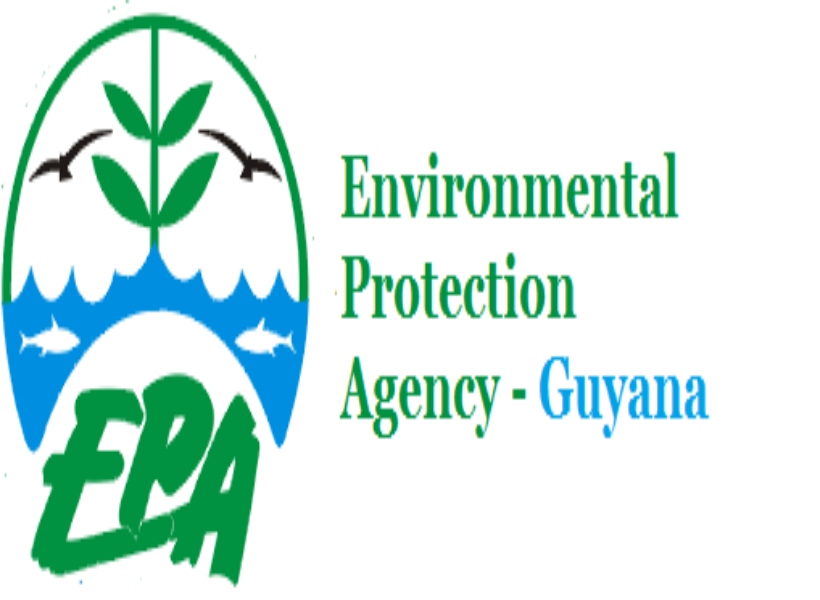The recently concluded virtual consultation on the impending ban on single-use plastic has been deemed well received by the Environmental Protection Agency (EPA). The EPA said, given the positive feedback, it will be conducting follow up sessions, relative to the ban, as well as other matters of public interest. Given the present COVID-19 situation, EPA has transitioned towards hosting its public consultations virtually since March 2020. The sessions are aimed to educate the public on the impending ban on single-use plastics and garner feedback on areas of concern relative to the ban. Discussions were mainly centred around the availability of alternatives to single-use plastics and timelines for implementation of the ban. The Agency said, “We have not only increased our social media presence, but also extended our radio and TV programmes, now having weekly radio interviews in Linden, Mabaruma and Lethem.” The Agency has also been conducting remote consultations via Zoom and other platforms with key stakeholders, including manufacturers, importers and the tourism sector. In the upcoming weeks, it will be meeting with stakeholders from financial institutions, hotels, restaurants and bars. The EPA has already launched a public survey on the proposed Single-Use Plastics Ban, virtually via its Facebook Page. The Agency is also making every effort to meet with as many stakeholders as possible, including members of the public, and importers/manufacturers of single-use plastics and/or alternatives. It is therefore encouraging the public to provide feedback via email at [email protected] or [email protected] , follow on Facebook, Instagram and YouTube. Guyana will be joining a global concerted effort to ban single-use plastics due to its impacts on human health, marine biodiversity and the environment in 2021. Single-use plastics are plastics that are designed to be used once before they are thrown away. These items can include plastic bags, straws, cups, spoons, forks, soda and water bottles and most packaging. Globally, approximately 300 million tons of plastics are produced each year and more than half are single-use plastics of which typically most end up in landfills and water bodies.













